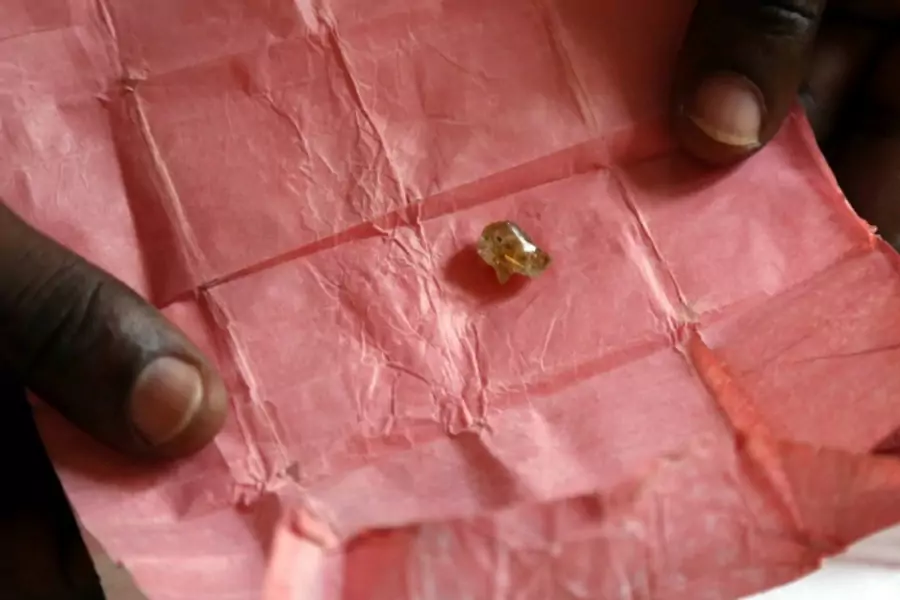This Week in Markets and Democracy: Labor Rights in Supply Chains, Bank Secrecy Act, and the Kimberley Process

More on:
Supply Chains Take Center Stage at International Labor Conference
Of the $26 trillion in commerce flowing around the world, over 70 percent are intermediate goods. This reflects the rise of global supply chains. The International Labor Organization (ILO) conference put this dominant means of production on the agenda for the first time this year, addressing working conditions for those within these chains. Government and business leaders from the ILO’s 187 member countries spent the past two weeks debating whether to set official standards to push companies like Walmart, Gap, and Nestlé to address labor violations along their transnational production chains. Though any new rules would be non-binding, historically ILO standards have prompted legislation.
Bank Secrecy Act Takes On Corruption
Goldman Sachs may have run afoul of the Bank Secrecy Act in its dealings with Malaysian state development fund 1MDB. The 1970 legislation requires U.S. banks to report suspicious deposits or transfers. In 2013 Goldman transferred $3 billion from a 1MDB bond deal to a small Swiss bank. Days later, half the funds disappeared offshore, with some resurfacing in Malaysian President Najib Razak’s personal accounts. J.P. Morgan and HSBC have also been penalized under the act for neglecting to report the Madoff Ponzi scheme and providing financial services to Mexican drug cartels, respectively. Designed originally to target money laundering, the Goldman Sachs probe shows the act can help take on global corruption.
Kimberley Process Lifts Diamond Ban on CAR
The Kimberley Process—a joint initiative by producer and consumer countries, jewelry companies, and civil society to keep “conflict diamonds” out of global markets—lifted a three-year embargo on the Central African Republic (CAR). In the wake of a 2013 coup, the government lost control of mining regions to rebel groups, making it unable to confirm the origins of its gems. The nation’s newly-elected government promises to trace its stones again, at least those from certain stable regions. Advocates for continuing the ban doubt the government’s capacity to weed out blood diamonds in the face of roving militias and active smuggling.
More on:
 Online Store
Online Store